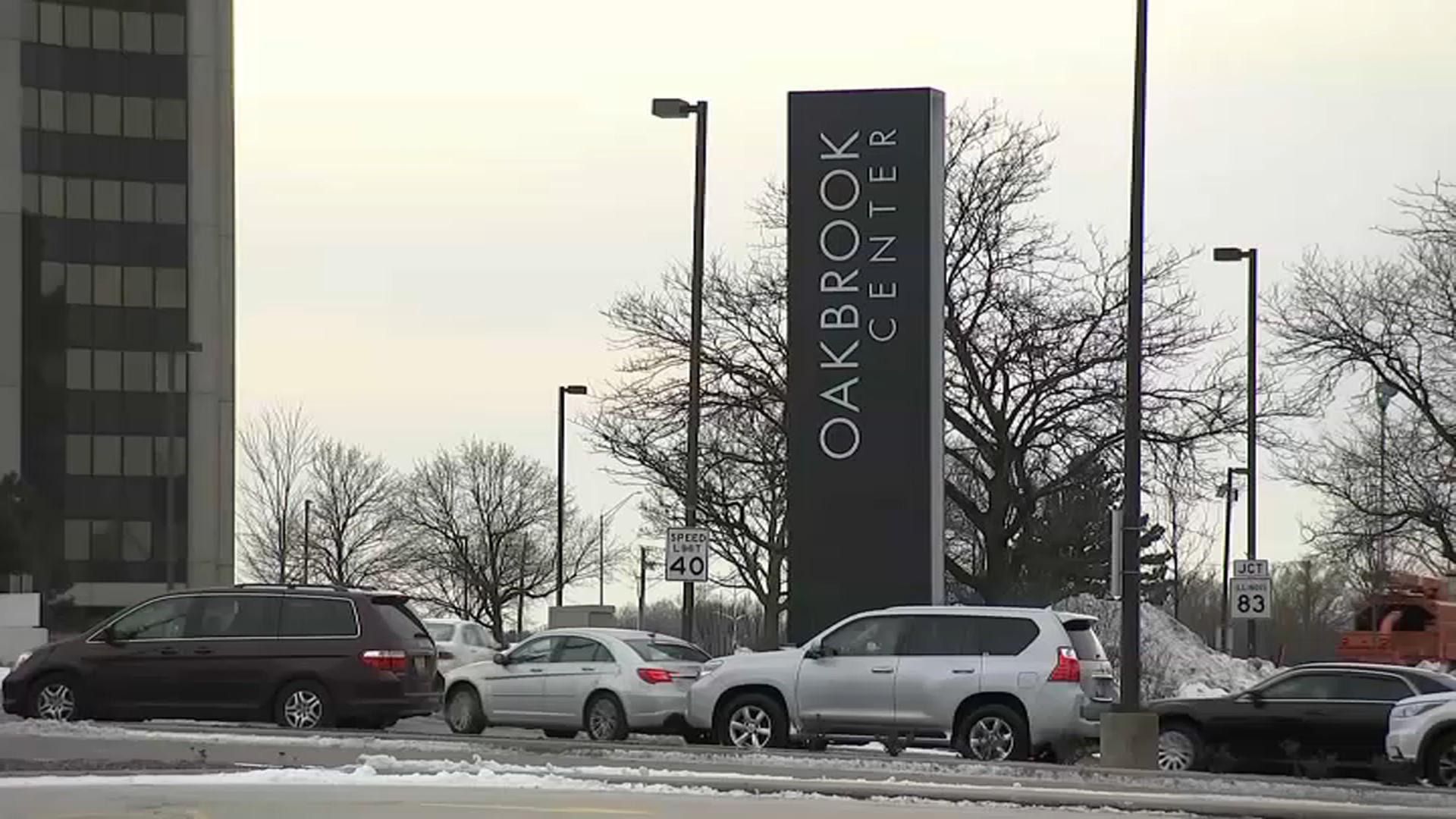A federal judge sentenced a prominent Chicago chef to prison for one year and one day Friday, the Chicago-Sun Times is reporting.
Chinatown restaurateur Tony Hu, accused of wire fraud and money laundering, pleaded guilty last May in U.S. District Court.
The feds charged the local celebrity chef with underreporting restaurant receipts paid in cash. Hu is expected to pay more than $1 million in restitution to the Illinois Department of Revenue.
The 49-year-old Hu, who has owned Chinese restaurants across the city and at the Palms Casino Resort in Las Vegas, has been a political player in Chicago for years. Known as the unofficial “mayor of Chinatown,” his restaurants were festooned with photographs of him with celebrities and politicians.
Hu was appointed by Mayor Rahm Emanuel to the Commission on Chicago Landmarks but is no longer on it. He was named to the Asian Americans for Rauner Coalition as Bruce Rauner ran for governor.
The feds say that Hu withheld sales taxes from the Illinois Department of Revenue when customers paid cash. Hu would then deposit that money into his personal bank account. The alleged illegal activity occurred between January 2010 and September 2014, according to the criminal information filed against Hu.
The withheld cash was then allegedly used to pay the restaurants’ employees and suppliers, without recording those expenses in the restaurants’ books and records.
Local
The Sun-Times first reported that the feds raided nine of Hu’s restaurants and his South Michigan Avenue condo in October 2014 because they believed he was cheating on his taxes.
The FBI targeted Hu’s locations in Chinatown, Uptown and Downer’s Grove in its raid, records show.
Before raiding the restaurants, the feds tailed Hu in his black Mercedes-Benz as he drove to Chinatown from his condo, according to a search warrant application. FBI agents also dined at Hu’s restaurants more than a year before the raid to get a closer look at its computer systems and standard receipts, the records show.
Agents also scoured bank records and emails documenting the restaurants’ sales, determining the numbers they found often didn’t match the amounts submitted on the restaurants’ tax forms.



